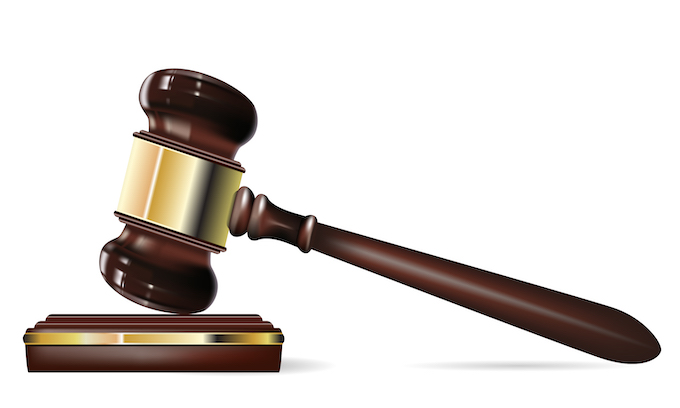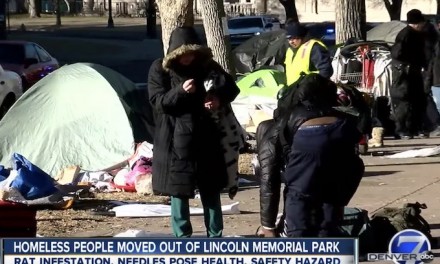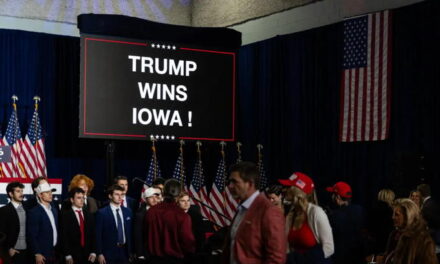The power of U.S. House investigative committees to demand in-person testimony during hearings was weakened Monday when a District of Columbia Circuit Court of Appeals three-judge panel ruled 2 to 1 that the lawmakers have no authority to issue subpoenas without first passing a law permitting it.
Advisers to President Donald Trump have ignored legal summonses by House lawmakers, including a subpoena to Trump’s private attorney and former White House Counsel Don McGahn. McGahn defied a subpoena to testify in May 2019 about possible obstruction of justice in the investigation of Russian interference in the 2016 election.
The panel on Monday said Congress has passed no statute permitting the House to issue subpoenas for congressional hearings, and must pass a new law before courts can enforce legal demands to appear.
“Because the Committee lacks a cause of action to enforce its subpoena, this lawsuit must be dismissed,” the ruling said. Lawmakers must “first [enact] a statute authorizing such a suit,” the court said.
House Speaker Nancy Pelosi, D-Calif., criticized the ruling in a statement Monday.
“If allowed to stand, this wrong-headed Court of Appeals panel ruling threatens to strike a grave blow to one of the most fundamental Constitutional roles of the Congress: to conduct oversight on behalf of the American people, including by issuing our lawful and legitimate subpoenas,” Pelosi wrote.
“In the past, both Republicans and Democrats have successfully sought to enforce House subpoenas in court,” Pelosi added.
Members of the Democratic House leadership sued in federal court to enforce McGhan’s testimony.
House leaders also sued Secretary of State Mike Pompeo on Friday for contempt for his alleged “transparently political misuse of department resources,” when Pompeo recorded a Republican National Convention speech from the U.S. Embassy in Jerusalem. No State Department resources were used in the video, the department told The Washington Post.
Pompeo also refused to answer subpoenas to cooperate with the House impeachment hearing against President Trump.
House leaders have issued other subpoenas for testimony and met with resistance from the White House over the State Department’s firing of inspectors general and Trumps personal financial records.
Critics of the White House say weakening congressional power to command attendance at hearings will throw the balance of power to the executive branch. The House Judiciary Committee told D.C. Circuit judges in the brief that watering down subpoena power would, “effectively eliminate Congressional oversight as we know it.”
The House leaders are expected to ask the nine-judge full bench appeals court to consider the question, and it may reach the U.S. Supreme Court.
Copyright 2020 United Press International, Inc. (UPI). Any reproduction, republication, redistribution and/or modification of any UPI content is expressly prohibited without UPI’s prior written consent.
—-
This content is published through a licensing agreement with Acquire Media using its NewsEdge technology.



















Recent Comments